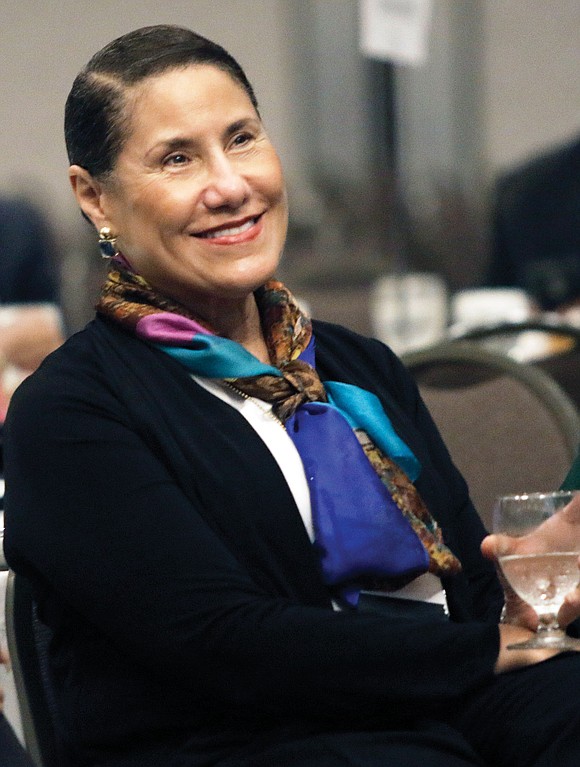Celebrating the Black Family, by Evelyn Brooks Higginbotham
2/4/2021, 6 p.m.
At the opening of Black History Month, the Association for the Study of African American Life and History, or ASALH, announces the 2021 Black History theme — “The Black Family: Representation, Identity, and Diversity.”
We invite you to explore with us the many meanings of this theme in the month of February and especially through our virtual Black History Month Festival at asalh.org. And not only then, but throughout the year.
No single word is more illustrative of our humanity, of who we are, than the word “family.” It stands at the heart of human relationships, representing the essence of ties that bind people together by blood, by race, by social affinity, by national heritage and by religious conviction.
We constitute, for example, parents and children, brothers and sisters and descendants of ancestors. We claim fictive kin in aunts, uncles and cousins not actually related to us by blood. We cherish the sisterhood and brotherhood of our sororities and fraternal organizations. People identify their national heritage with familial imagery, such as homeland, Motherland or Fatherland. And we form the “household of faith” as “brothers” and “sisters” who look to the Fatherhood and Mother-heart of God.
The history of the Black family is an integral part of our nation’s heritage. Black family traditions of foodways and the arts, of sports and music, to name just a few, have been a significant progenitor of American culture and identity.
The Black Family theme offers a window onto the African-American experience over the generations because family-oriented examples, stories, images and concepts have long inspired and mobilized African-Americans in individual and collective efforts of self-help and self-determination, as well as in their quest for racial equality and social justice.
Despite the negative, pathological images of Black families portrayed in 19th-century justifications for slavery and in 20th-century governmental policy reports, the march of time has proved that the Black family best represents the source of perseverance and resilience that brought African-Americans through centuries of enslavement, Jim Crow laws and the glaring racial inequalities and dangers that continue to this day.
In the 21st century, ASALH celebrates African-American families in all their historic diversity, recognizing that our families comprise a mélange of identities. The Black family includes nuclear families, extended families, same-sex marriage and parented families and heterosexual parents of LGBTQ children.
Interracial marriage has created many Black families in today’s America, but the origins of the interracial heritage of our families, as genetically Black and white or Black and Native American, date back to centuries of enslavement.
Equally important, ASALH’s 2021 theme calls attention to a tapestry of other ethnic-heritage Black identities — Afro-Hispanic families and also Black family identities formed from immigrants who came to the United States from every part of Africa and its diaspora during the 20th century and particularly after the mid-1960s. The most notable examples are the 44th president of the United States, Barack Obama, of Kenyan and white ancestry, and the current vice president of the United States, Kamala Harris, of Jamaican and Indian ancestry.
We are all the Black Family.
The writer is national president of the Association for the Study of African American Life and History, which is based in Washington.







